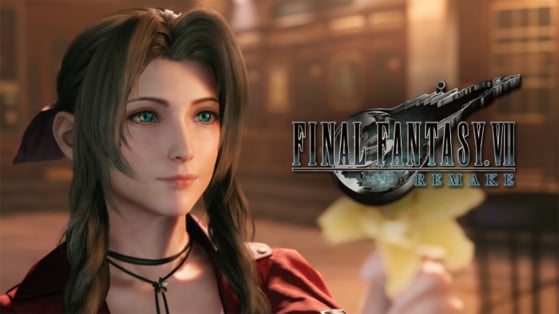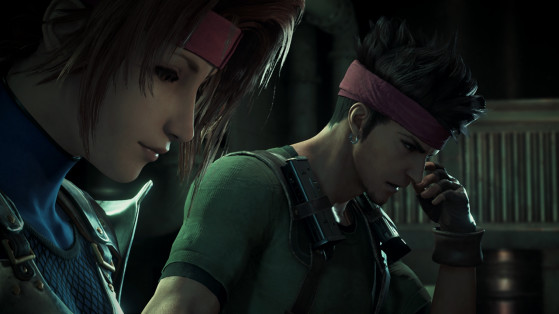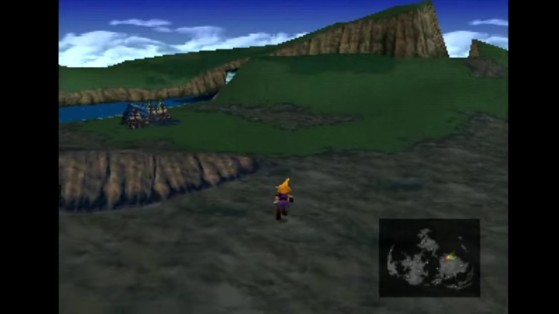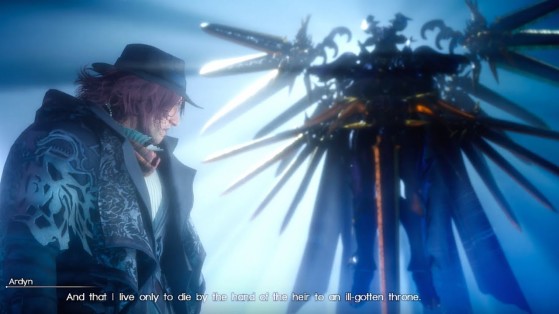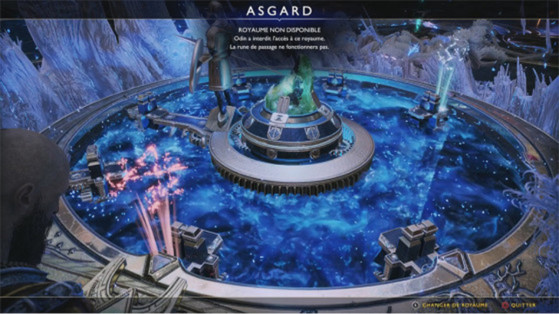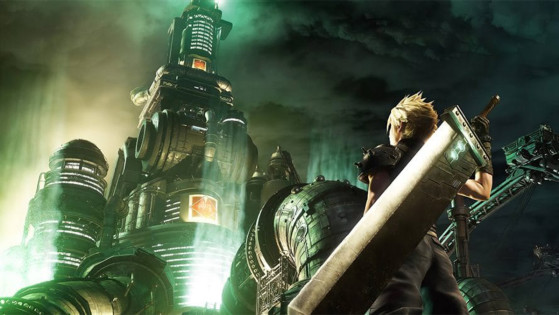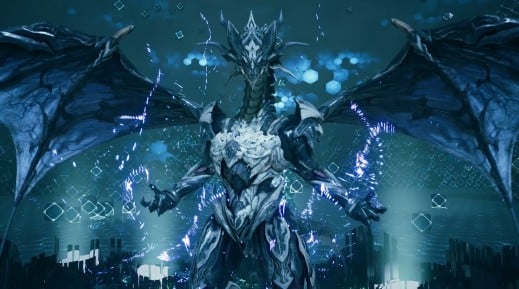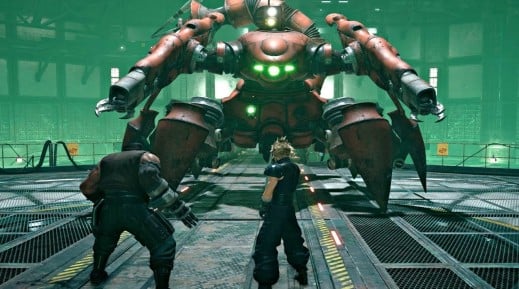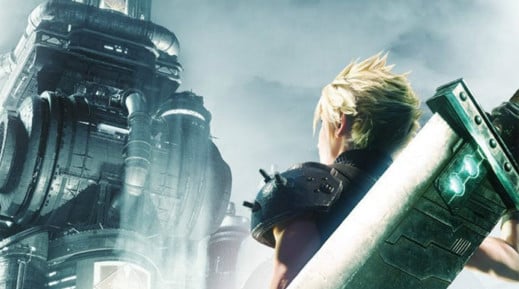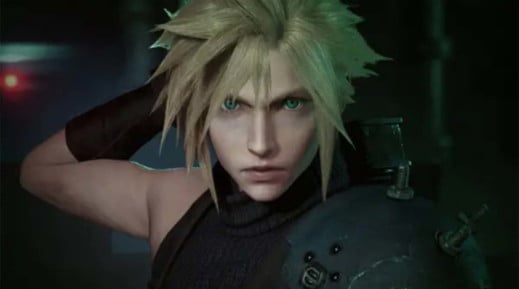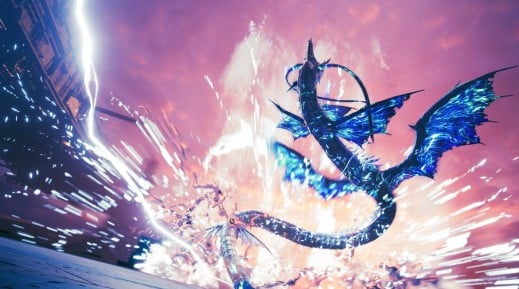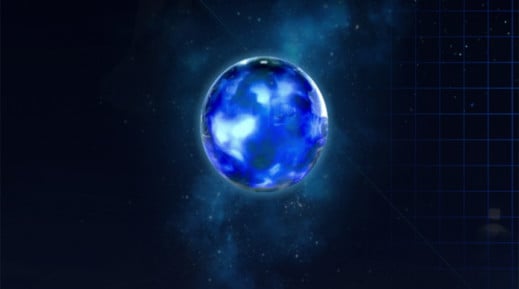Although fans concerned about the faithfulness of the Final Fantasy VII Remake have found themselves breathing easier with every new trailer, criticism of the remake always seems to return to one key point.
The episodic format and the fact that the game is only focusing on Midgar continues to make a significant portion of the playerbase uneasy. This is a completely justifiable concern and in this article we'll cover why it might in fact be good for the series.
A New Look for FF7
If you've been following even the slightest news around this game, you're probably already up to date: FF7 Remake is not just a graphical update to the original title.
In fact Square Enix has already mentioned differences and made several suggestions to the way they're planning on expanding on the 1997 game. Solely based in Midgar, which was merely a 3-4 hour footnote in the PS1 version, you can be sure that there will be enough new content for players to feast on.
The fact that the story might be different is actually a good thing, as FF7 is a cult title and is well known even to those who merely dabble in JRPGs. Even its once-shocking twists are now common knowledge (we're looking at you, Aeris).
To surprise fans of the series, the Japanese developers had no other choice but to expand on and modify the story of one of its most celebrated titles. This comes in the form of narrative elements drawn from the "extended universe" created by the Compilation of Final Fantasy VII
The Wutai, who were relegated to the margins of the original story, are mentioned by President Shinra. A member of SOLDIER drives his motorcycle just like the brothers from Advent Children, seemingly in the pursuit of AVALANCHE. And as for Sephiroth, his involvement in the Midgar arc appears to be a lot more important and direct than in the past.
We'll cross our fingers and hope that these additions might prove relevant. However, any desire to see and learn more about Shinra's megalopolis, which is underdeveloped in the original title, is clearly a pipe dream, as it would require an entire game to be dedicated to it.
The Importance of the Overworld
If Square Enix is aiming to show absolute respect to Final Fantasy VII with its remake, they must include its overworld.
A bit of context goes a long way in explaining exactly why this is so important: for the average player in 1997, who were neither blessed with internet nor accustomed to Japanese RPGs, the sight of a large, sprawling landscape awaiting them on leaving Midgar would have taken their breath away. Arriving at Kalm, the first village on the map, and hearing Cloud's backstory are both pivotal moments in the adventure.
To simply choose your destination on a world map or another travel system would be a serious let down.
In my opinion, the team in charge of what we now consider to be the FFVII IP know exactly why players are drawn to it, and we will end up having an updated world map eventually, but it may be a bit too early for that currently.
Going off the the high quality graphics shown in trailers for episode one, it's hard to convince ourselves that a world map on the scale of the original game would be possible on the current generation of consoles.
Work on episode two only started several months ago, and with temporary exclusivity on the PS4, there's a strong chance that Square Enix will try to make as much money from the title as possible by releasing it on April 10, 2021 on PC and next generation consoles.
It's almost entirely guaranteed that episode two of the FFVII Remake will be a completely next-gen game, which in turn makes the possibility of an high-quality overworld even more plausible.
Is Less More?
There can't be a single person in the world who wants to return to the car crash that was Final Fantasy XV and its Season Pass. In this generation of gaming, developers are mainly fixated with the 'problem' of player retention and how they can keep a community afloat for an extended period of time through adding new content to the same game.
This may have worked for certain video companies — those that hang their hat on constantly updating their games — though this practice seems to have been much less convincing for single player games and their endless array of barely-impactful cosmetic downloads.
Maybe we simply need to see this episodic format as a sort of wake up call: selling a sequel is going to allow the developers to drum up attention straight away, compared to DLCs that often go relatively unnoticed, especially when the base game fails to captivate players.
From a player side of things, it's also a guarantee that any follow-up to the story will be treated will a minimum of respect and will form a coherent end product, with great content worthy of the series produced through a steady development schedule.
Untitled Episodic Releases
Finally, let's get to the heart of the matter and explain why Square Enix's episodic format isn't really an issue. Have you played Gears of War 4 or the God of War game from 2018? To put it simply, and without spoiling them, they're both games from very good IPs that both serve as a sort of reboot for their respective series.
Yet both leave a fair few unanswered questions that tease entirely self-contained sequels. This way, it's possible to view them as episodic games in which the plot is spread across several games and not repeated, very much in the same vein as Star Wars or Marvel films.
After all, even The Legend of Zelda: Breath of the Wild turned out to be a first episode, given a sequel has already been announced by Nintendo. So, why is this tolerated?
It's because even if these examples evidently play the fulfil a demand from a story point of view, they stand on their own two feet thanks to a fair amount of new content and well-functioning mechanics.
If the devs behind FFVII Remake are forced to release several different games to avoid compromising their vision of what constitutes a worthy remake, then so be it!
